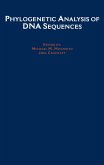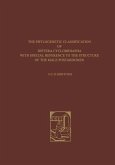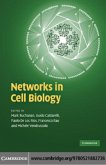The evolutionary history of species is traditionally represented using a rooted phylogenetic tree. However, when reticulate events such as hybridization, horizontal gene transfer or recombination are believed to be involved, phylogenetic networks that can accommodate non-treelike evolution have an important role to play. This book provides the first interdisciplinary overview of phylogenetic networks. Beginning with a concise introduction to both phylogenetic trees and phylogenetic networks, the fundamental concepts and results are then presented for both rooted and unrooted phylogenetic networks. Current approaches and algorithms available for computing phylogenetic networks from different types of datasets are then discussed, accompanied by examples of their application to real biological datasets. The book also summarises the algorithms used for drawing phylogenetic networks, along with the existing software for their computation and evaluation. All datasets, examples and other additional information and links are available from the book's companion website at www.phylogenetic-networks.org.
Dieser Download kann aus rechtlichen Gründen nur mit Rechnungsadresse in A, B, BG, CY, CZ, D, DK, EW, E, FIN, F, GR, HR, H, IRL, I, LT, L, LR, M, NL, PL, P, R, S, SLO, SK ausgeliefert werden.









